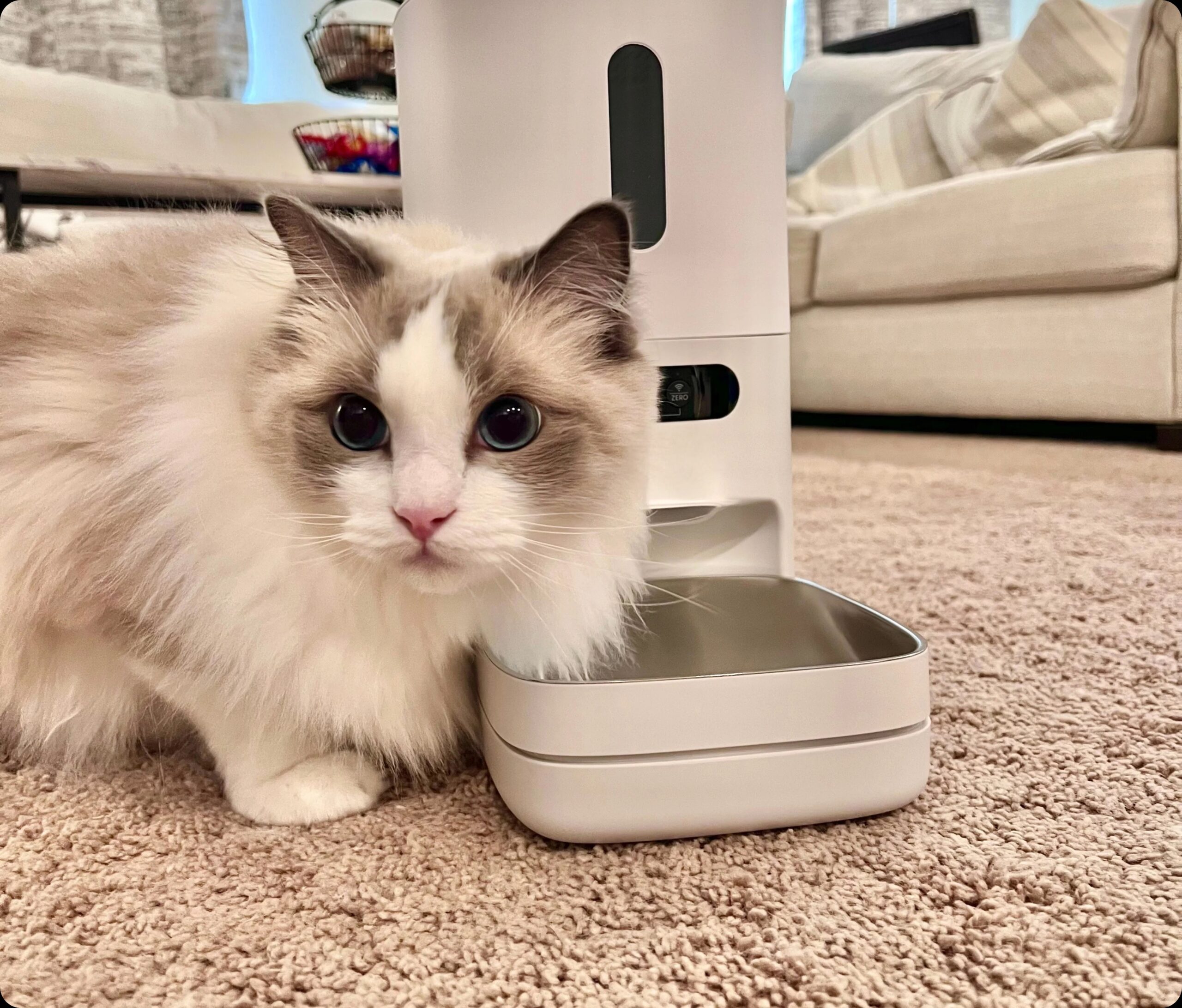Introduction: Understanding Feline Longevity
“How long do cats live?” is one of the most common questions among pet owners. The average lifespan of a cat typically ranges between 12-15 years, but with exceptional care, many felines now reach 18-20 years. Some record-breaking cats have even lived past 30!
Their lifespan is ultimately determined by several different factors including genetics, environment, diet, and healthcare. This comprehensive guide will explore exactly how long do cats live and provide actionable tips to help your cat live longer.
What Determines How Long Cats Live?
1. Indoor vs. Outdoor Lifestyle
Statistics show dramatic differences in longevity based on living conditions:
Indoor cats average 12-20 years
Outdoor cats average 5-10 years
Indoor/outdoor cats fall somewhere in between
Unrestricted outdoor access exposes cats to:
Vehicle accidents (leading cause of premature death)
Fights with other animals (risk of injuries/infections)
Poisoning from toxins/contaminated food
Tip: Create stimulating indoor environments with cat trees, window perches, and interactive toys to satisfy their instincts safely.
2. The Purebred vs. Mixed Breed Factor
Crossbred cats tend to have a longer lifespan than purebreds by approximately 1.5 years according to veterinary studies. Reasons include:
Greater genetic diversity reduces inherited disorders
Purebreds often prone to breed-specific conditions
Siamese: Respiratory issues
Persians: Kidney disease
Maine Coons: Heart conditions
Exception: Some purebreds like Burmese (14+ year average) defy this trend.
3. The Growing Threat of Feline Obesity
Pet obesity has been on the rise, with alarming 2023 data from the APOP (Association for Pet Obesity Prevention):
61% of cats classified as overweight/obese
Only 28% of owners recognized the problem
70% mistakenly believed their cat’s weight was healthy
Obesity can cause serious health problems including:
✓ Diabetes (3x more likely in obese cats)
✓ Arthritis and mobility issues
✓ Heart and respiratory diseases
✓ Urinary tract disorders
4. The Spay/Neuter Advantage
Research has shown that cats who have been spayed or neutered have significantly longer lifespans than their intact counterparts. Benefits include:
Eliminates reproductive cancers (mammary, testicular)
Reduces roaming/accident risks in males
Prevents pyometra (life-threatening uterine infection) in females
Ideal Age: 4-6 months for optimal health benefits.
Life Stages: How Long Do Cats Live at Each Phase?
| Life Stage | Age Range | Key Characteristics |
|---|---|---|
| Kitten | 0-1 year | Rapid growth; needs high-calorie food & socialization |
| Junior | 1-2 years | Reaches full size; transition to adult food |
| Prime | 3-6 years | Peak health; maintain preventative care |
| Mature | 7-10 years | Starts slowing down; monitor weight/oral health |
| Senior | 11-14 years | Increased vet visits (biannual recommended) |
| Geriatric | 15+ years | Specialized care for age-related conditions |
10 Proven Tips to Help Your Cat Live Longer
1. Master Portion Control
Use measuring cups for accuracy
Follow feeding guidelines based on ideal weight
Consider automated feeders for precision
2. Choose Species-Appropriate Food
High animal protein (>40%)
Moderate fat (15-20%)
Minimal carbs (<10%)
Avoid fillers like corn/wheat
3. Hydration Is Critical
Provide multiple water stations
Try cat water fountains (encourages drinking)
Add wet food to diet (70% moisture)
4. Environmental Enrichment
Rotate toys weekly to prevent boredom
Install cat shelves for vertical territory
Use puzzle feeders for mental stimulation
5. Dental Care Protocol
Brush teeth 2-3x weekly
Annual professional cleanings
Dental treats (VOHC-approved)
6. Stress Reduction
Feliway diffusers for multi-cat homes
Consistent routines (feeding/play times)
Quiet spaces away from loud noises
7. Senior Cat Modifications
Orthopedic beds for joint support
Ramps to favorite perches
Senior-formulated food
8. Preventative Veterinary Care
Annual exams for adults
Biannual checks for seniors
Bloodwork/urinalysis starting at age 7
9. Safe Outdoor Access
Catios (enclosed outdoor spaces)
Harness training for walks
Supervised garden time
10. Early Disease Detection
Watch for subtle signs:
Increased thirst/urination
Changes in grooming habits
Litter box habit shifts
Conclusion: Maximizing Your Cat’s Lifespan
So how long do cats live? While genetics play a role, proper care can add years. By implementing these tips to help your cat live longer—optimal nutrition, preventative healthcare, and environmental enrichment—you’re giving your feline companion the best chance at a long, vibrant life.
Remember: Their lifespan is ultimately determined by several different factors under your control. Start today by scheduling that overdue vet checkup, measuring your cat’s food portions more carefully (a smart pet feeder can automate this perfectly), or setting up enrichment activities. Those extra purrs and headbutts in their golden years will be your reward!





